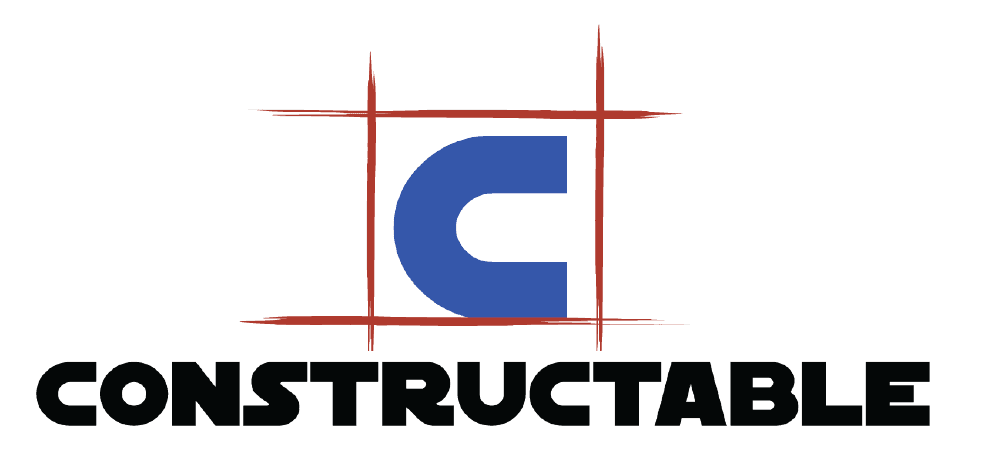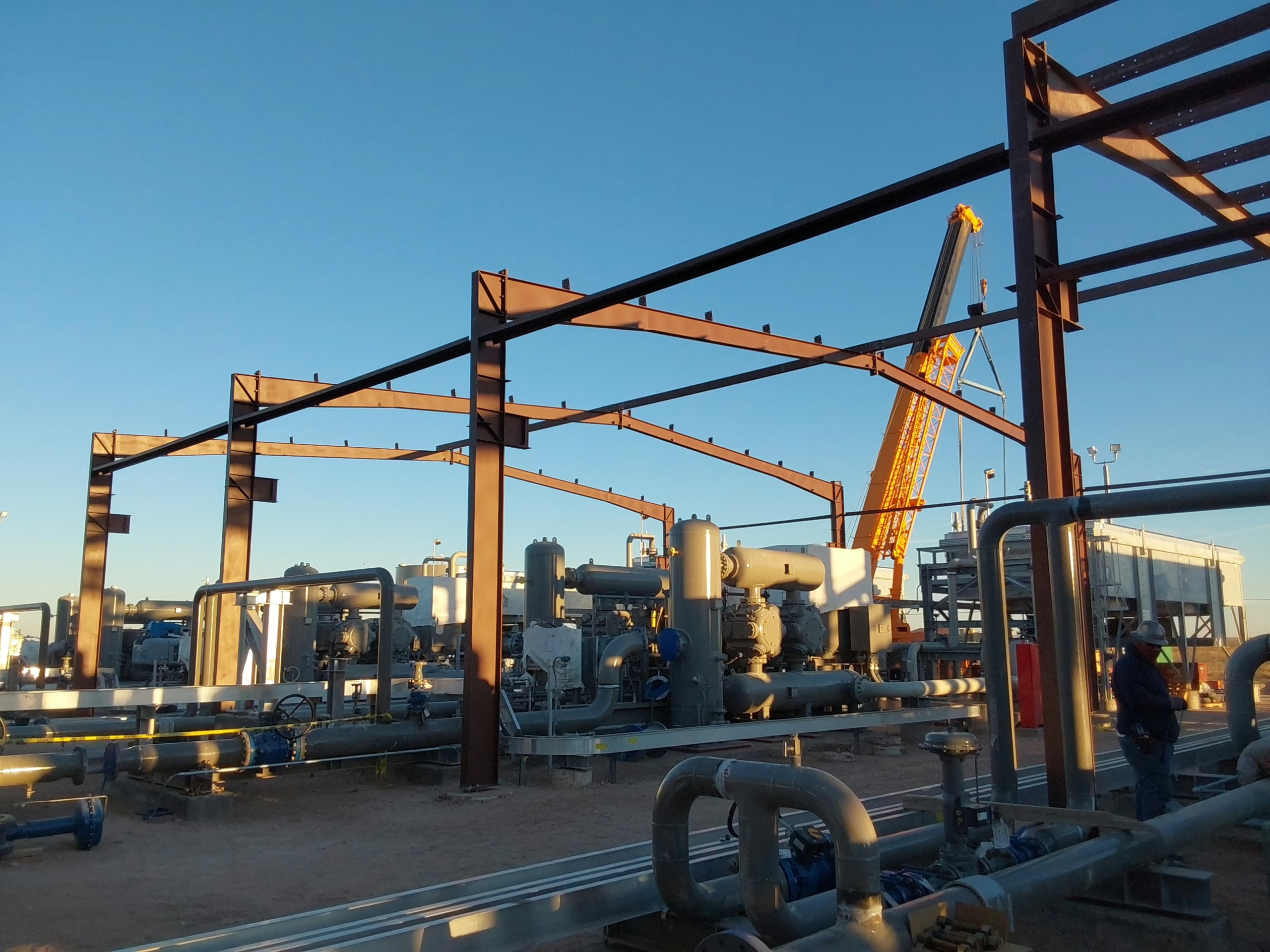
Project Manager vs. Construction Manager: What’s the Difference?
In the world of construction and design, the terms “project manager” and “construction manager” are often used interchangeably. However, while there are similarities in their roles, these are two distinct positions with unique responsibilities and functions. Constructable Pro, a leading design-build firm in Houston, sheds light on the differences between these two crucial roles in the construction industry.
Introduction: Setting the Stage
Before diving deep into the differences, it’s essential to understand the broader context. Both project managers and construction managers play pivotal roles in ensuring the successful completion of construction projects. But how do their responsibilities, focus areas, and skill sets differ?
1. Scope of Responsibilities
Project Manager (PM)
A project manager oversees the entire project from inception to completion. This includes budgeting, scheduling, and coordinating all project activities. The PM ensures that every phase of the project, from design to handover, is executed efficiently.
Construction Manager (CM)
A construction manager, on the other hand, is more focused on the construction phase. They oversee the day-to-day operations on the construction site, manage subcontractors, and ensure work is completed safely and to the specified quality.
2. Phase of Involvement
Project Manager
The project manager gets involved early on, often during the project’s conceptualization. They remain a key player throughout the project’s lifecycle.
Construction Manager
The CM typically gets involved once the design is finalized and construction is about to begin. Their involvement is most intensive during the build phase.
3. Skill Set
Project Manager
PMs often have a broader skill set, encompassing project management methodologies, financial acumen, risk management, and stakeholder communication.
Construction Manager
CMs possess specialized skills tailored to the construction site. This includes knowledge of construction methods, safety regulations, and on-site problem-solving.
4. Communication Channels
Project Manager
The project manager frequently communicates with various stakeholders, including clients, designers, contractors, and regulatory authorities. They act as the central communication hub for the project.
Construction Manager
The CM’s communication is often more focused on site activities. They primarily liaise with subcontractors, suppliers, and the project manager.
5. Decision-making Authority
Project Manager
The PM has a broader decision-making authority, encompassing budgetary decisions, scope changes, and project timelines.
Construction Manager
The CM’s decisions revolve around construction activities, such as choosing subcontractors, ensuring quality control, and addressing on-site challenges.
6. Key Focus Area
Project Manager
For a PM, the primary focus is ensuring that the project stays on track concerning time, scope, and budget.
Construction Manager
For a CM, the primary concern is executing the construction phase efficiently, safely, and to the desired quality standards.
Conclusion: Complementary Roles for Project Success
While there are distinct differences between a project manager and a construction manager, both roles are crucial for the successful completion of construction projects. Their roles might overlap in some areas, but their unique responsibilities ensure that all aspects of a project are adequately addressed.
Interested in learning more about construction roles or seeking expert design-build services in Houston? Visit Constructable Pro or reach out to us directly.




